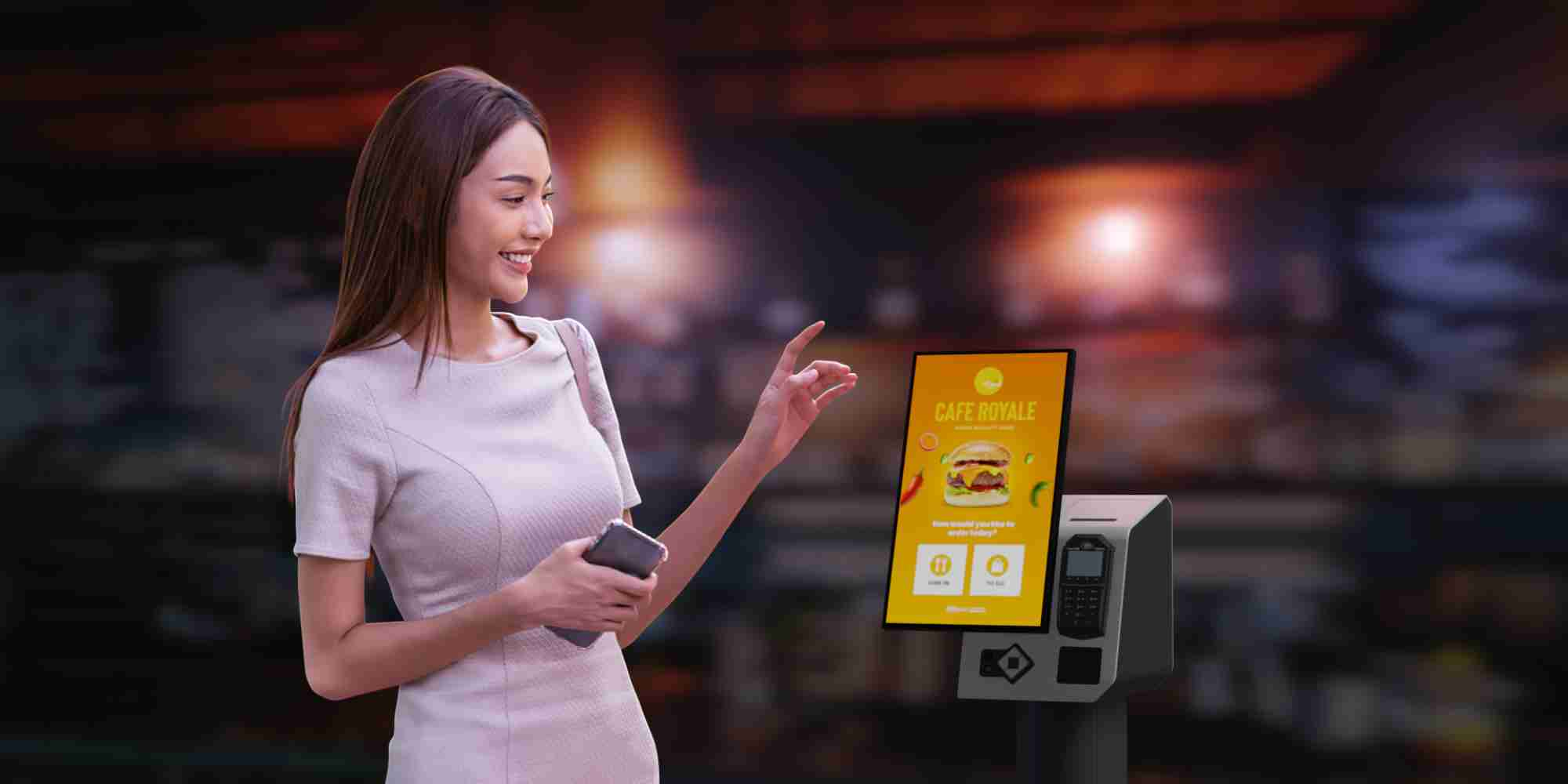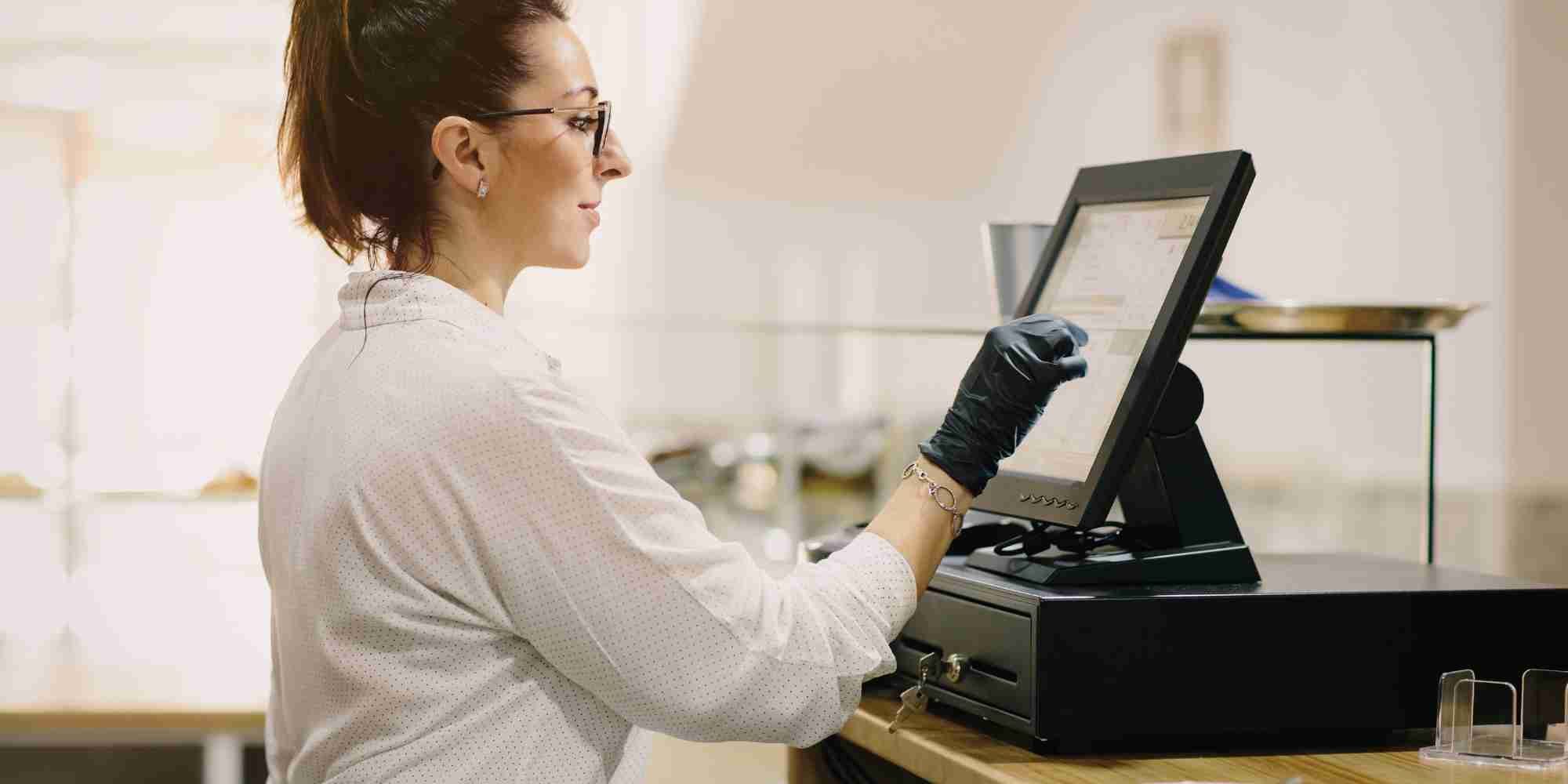In the fast-paced world of the restaurant industry, the success of your establishment often hinges on the efficiency and effectiveness of your operations. At the heart of these operations lies a critical component that can dramatically influence your business’s efficiency, customer satisfaction, and bottom line: the Restaurant POS (Point of Sale) System. This technological marvel has evolved from a simple cash register to a multifaceted tool that manages sales, inventory, customer relationships, and much more.
For restaurant owners striving to navigate the competitive landscape of the hospitality industry, understanding and implementing the right POS system is not just an option; it’s a necessity.
1. What POS System Means
At its core, a Point of Sale (POS) system is the amalgamation of software and hardware that enables business transactions within the restaurant. This system goes beyond mere transaction processing; it’s an indispensable management tool that streamlines operations, monitors inventory, manages customer relationships, and provides valuable insights into the business’s workings. In today’s digital age, a POS system serves as the central nervous system of a restaurant, integrating various aspects of the business into one cohesive unit.
2. POS Abbreviation in Business
POS stands for “Point of Sale,” a term that signifies much more than the physical location where transactions occur. It represents the point of interaction between the customer and the business, where services are exchanged for payment. Within the restaurant context, POS Systems are the technological hub that facilitates this exchange, ensuring transactions are processed efficiently and accurately, keeping the business running smoothly.
Must Read: Dynamic Pricing Strategies with Smart POS Systems
3. POS Example
Consider a bustling city restaurant that has implemented cloud-based POS Systems. This system might include mobile tablets for taking orders directly at the table, a digital kitchen display system to streamline order preparation, and an integrated payment processing system that accepts various forms of payment, from credit cards to mobile payments. This setup not only enhances operational efficiency but also significantly improves the dining experience for customers through quicker service and accurate order processing.
4. Benefits of Restaurant POS Systems
The benefits of robust restaurant POS Systems are manifold:
- Enhanced Operational Efficiency: With automated order and payment processing, restaurants can serve more customers with increased speed and accuracy, reducing wait times and minimizing order errors.
- Superior Inventory Management: Advanced POS Systems offer real-time inventory tracking, alerting managers to low stock levels and helping reduce waste through precise order and inventory management.
- Elevated Customer Experience: Features like tableside ordering and payment, loyalty programs, and personalized service based on customer data can significantly elevate the dining experience.
- Informed Decision Making: Access to real-time data and analytics provides restaurant owners with insights into sales patterns, popular menu items, and customer preferences, enabling strategic decisions that drive growth.
5. How to Use Restaurant POS Systems
Implementing restaurant POS Systems involves careful planning and execution. The process typically starts with selecting a system that aligns with your restaurant’s size, type, and needs. Following installation, comprehensive staff training is crucial to ensure everyone is proficient in using the system. Daily operations such as taking orders, processing payments, and managing inventory become streamlined through the POS, with the system offering detailed reports for ongoing analysis and decision-making.
6. Types of POS
There are several types of POS Systems, each with distinct features suited to different restaurant environments:
- Traditional POS Systems: These are the original POS Systems that often require significant upfront investment in hardware and software, suitable for restaurants not requiring mobile functionality.
- Cloud-Based POS Systems: Offering flexibility and accessibility, these systems store data online, allowing for real-time updates and access from anywhere, making them ideal for restaurants with multiple locations or those looking for scalability.
- Mobile POS Systems: Enhancing customer service by allowing orders and payments to be processed anywhere in the restaurant, these systems are perfect for fast-paced environments or establishments with limited space.
- Self-Service Kiosks: These systems empower customers to place their orders and make payments without staff intervention, ideal for fast-casual restaurants looking to reduce labor costs and streamline operations.
Choosing the Right POS Systems
Selecting the best POS Systems for your restaurant involves considering several factors, including the size of your operation, the volume of transactions, your budget, and specific features you need to efficiently run your business. It’s also important to consider the system’s scalability, its ability to integrate with other software (like accounting or employee scheduling), and the quality of customer support offered by the provider.
Must Read: Top 05 Features of Modern POS System
Maximizing the Benefits of Your POS Systems
To fully leverage the benefits of your POS system, it’s essential to keep the software updated, regularly train staff on new features or updates, and continuously analyze the data it provides to make informed operational and strategic decisions. Engaging with user communities or forums can also offer valuable tips and insights on maximizing the system’s potential.
Conclusion
In the dynamic and competitive world of restaurant management, a robust POS system is not just a tool for transaction processing; it’s a comprehensive solution that enhances operational efficiency, improves customer satisfaction, and provides actionable insights to help grow your business. By carefully selecting and effectively utilizing the right POS system, restaurant owners can ensure their operations are streamlined, their customers are happy, and their businesses are set up for success in the increasingly digital future of the hospitality industry.











Leave a Reply